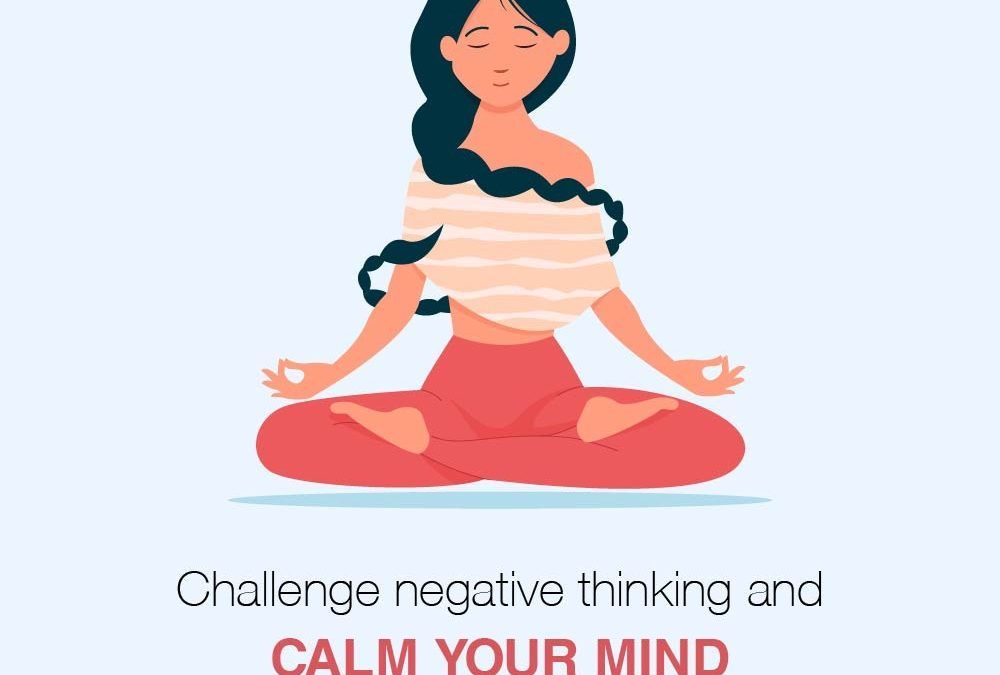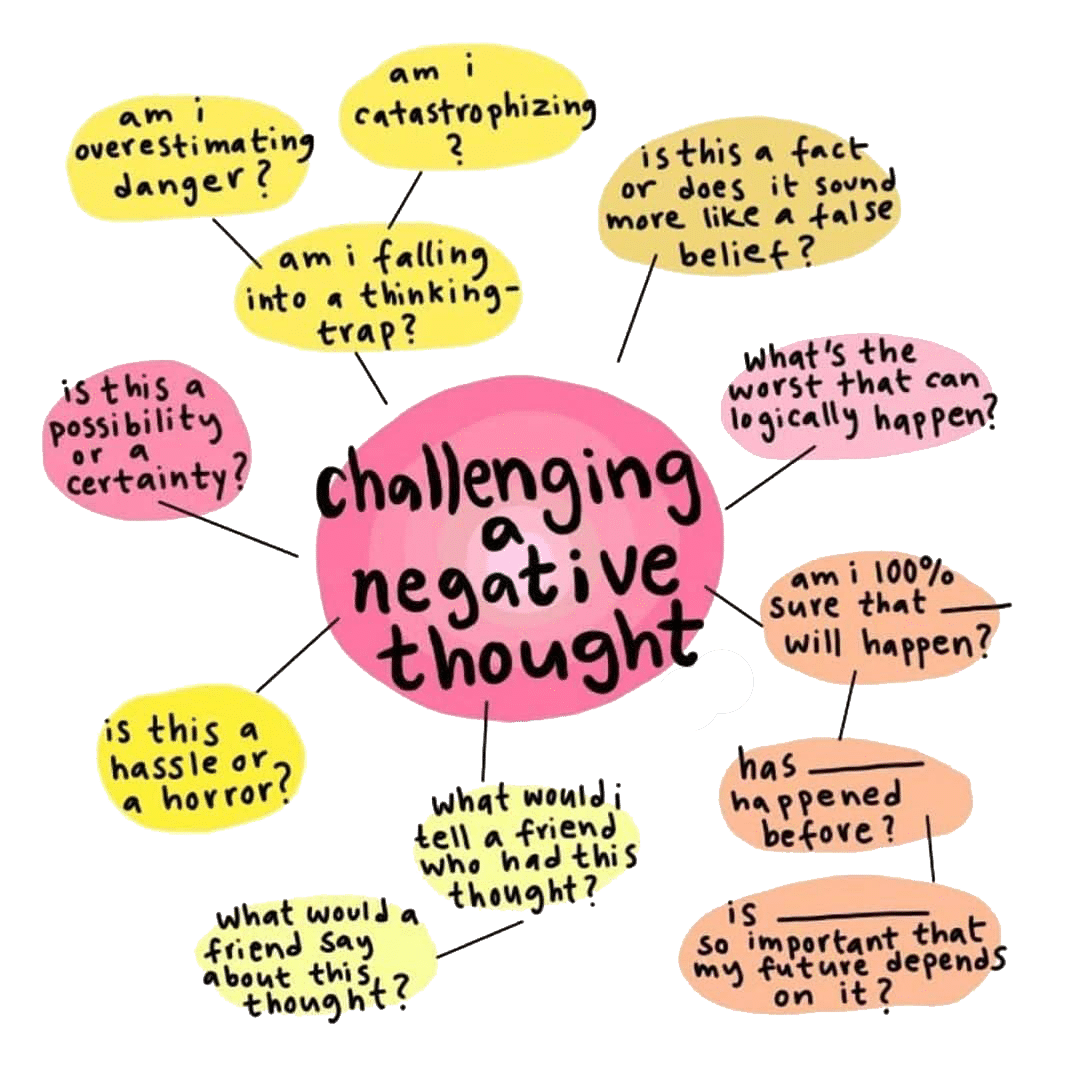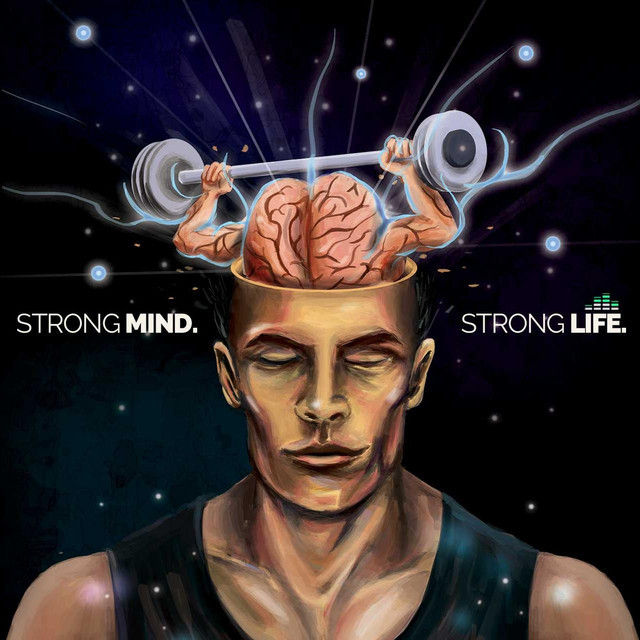Challenge your negative thoughts
Negative thoughts can lead to anxiety, depression, and other mental health problems. They can also interfere with your performance.

Negative thoughts are a normal part of life. Everyone has them from time to time. However, if you find yourself constantly having negative thoughts, it can take a toll on your mental and emotional health.
Negative thoughts can lead to anxiety, depression, and other mental health problems. They can also interfere with your relationships, work, and school performance.
Here are some tips for challenging your negative thoughts:
If you want to reduce the negative impact of negative thoughts, it's important to challenge them. This means examining your thoughts to see if they are realistic and helpful. If they are not, you can replace them with more realistic and helpful thoughts.
- Identify your negative thoughts. The first step is to become aware of your negative thoughts. Pay attention to the things you say to yourself, both out loud and in your head.
- Question your thoughts. Once you've identified your negative thoughts, ask yourself if they are realistic. Are you catastrophizing or jumping to conclusions? Are you using all-or-nothing thinking?
- Replace your negative thoughts with more realistic ones. Once you've challenged your negative thoughts, replace them with more realistic and helpful ones. For example, instead of thinking "I'm going to fail this test," you could think "I've studied hard and I'm prepared for this test."
Here are some examples of how to challenge negative thoughts:
It's important to be patient with yourself when challenging your negative thoughts. It takes time and practice to change your thinking patterns. However, with regular practice, you can learn to challenge your negative thoughts and reduce their impact on your life.
-
Negative thought: I'm going to make a fool of myself at the party.
-
Challenge: Is there any evidence to support this thought? Have I ever made a fool of myself at a party before?
-
More realistic thought: I'm probably going to be nervous at the party, but that's normal. I'm going to try to relax and enjoy myself.
-
Negative thought: I'm not good enough for this job.
-
Challenge: What evidence do I have to support this thought? Have I ever been successful in a similar job before?
-
More realistic thought: I'm qualified for this job and I have the skills to be successful. I'm going to give it my best shot.
Challenging your negative thoughts takes practice, but it's worth it. By changing the way you think, you can reduce anxiety, depression, and other mental health problems. You can also improve your relationships, work, and school performance.

 Fine End
Fine End 












